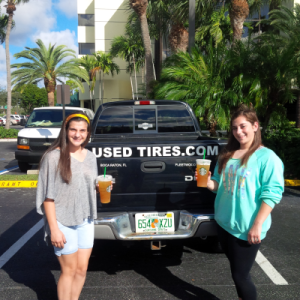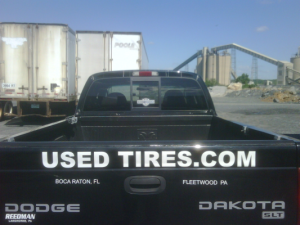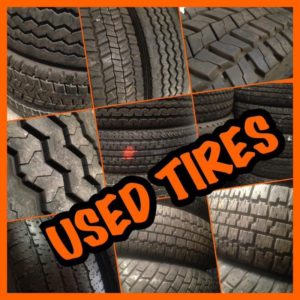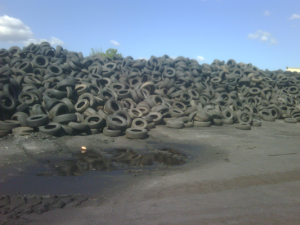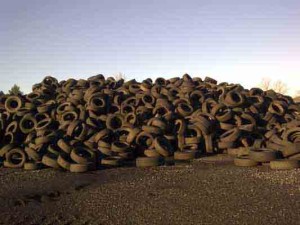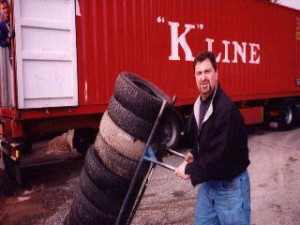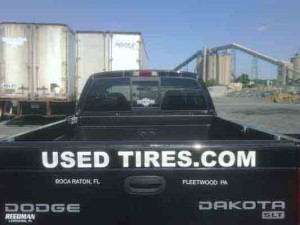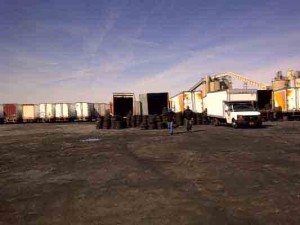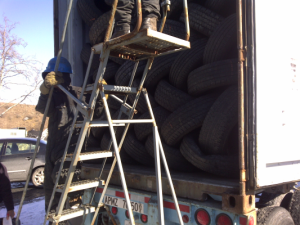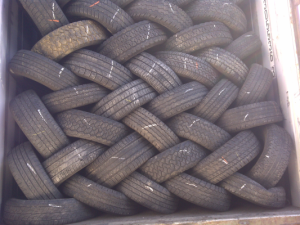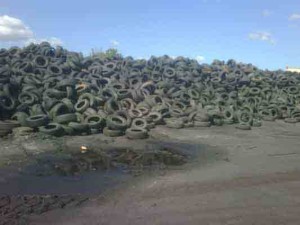TIRE SAFETY 101-WHEN BUYING ANY USED CAR CHECK THE TIRES DRY ROT-BUYING USED TIRES IS EASY KNOW WHAT TO LOOK FOR
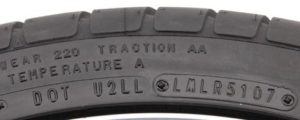
Used Tire News-
AS THE ECONOMY HAS WORSENED UNDER THE TRUMP ADMINISTRATION AND COVID -19THERE IS ONE INDUSTRY HAS BOOMED THE USED TIRE INDUSTRY. THE SALE OF USED TIRES IS SOMETHING THAT HAS TAKEN PLACE WORLDWIDE SINCE THE ADVENT OF THE PNEUMATIC TIRE. ONE PERSON CHANGES A SET OR A PAIR AND DIGARDS THE OLD TIRES. tHE OLD TIRES THEN AFTER PROPER INSPECTION BY A TIRE EXPERT ARE INSPECTED AND REPAIRED IF NEEDED tHEN THIS TIRE GOES INTO THE USED TIRE MARKETPLACE. TODAY YOU CAN BY ONLINE OR ATA BRICK AND MORTAR TIRE SHOP. USED TIRES ARE SIOLD WORLDWIDE THE MARKET IS HUGE AND DEMAND FOR GOOD USED TIRES IS HIGH.
AS WITH ANY USED PRODUCT A USED CAR OR A USED TIRE SHOULD ALWAYS BE PROPERLY INSPECTED FOR IMPERFECTIONS.
BUYING A USED TIRE OR A USED CAR CHECK FOR DRY ROT
What is dry rot?
Also known as sidewall cracking, dry rot is a specific type of tire decay that can occur as a tire ages or is consistently exposed to harmful substances and kept in inappropriate conditions. Advanced dry rot can cause small cracks on the outside edges of your tire tread. If this happens it could have a negative impact on your car’s handling, even if your tread still has adequate depth overall.
Though it might appear similar, dry rot tires are by no means considered blemished tires. Blem tires do have imperfections but they are only cosmetic – which means they do not affect tire performance in any way. You can learn more about blemished tires in another blog post.
Tires degrade over time because the rubber loses its protective resin. The resin protects the tire from oxidizing and drying out. When the tire loses these protective properties, it becomes frail and begins to crack.
What causes dry rot?
The most common cause of dry rot is a long period of inactivity. If a vehicle is stationary for a long period of time, the tires will start to dry out. Tires are intended for frequent use by their design, the aforementioned resins mean the tires to be in continual use for them to release their protective oils and keep the tire from drying out. So, the longer your car is sitting in one place, the danger of dry rot becomes more likely.
dry Tires in a desert
Tires in a desert (probably really dry).
As climate and exposure to the sun are big factors in the appearance of dry rot, the danger is that much greater if your vehicle is parked outside for an extended period of time, exposed to the elements. To cover all the bases, here’s a list of all the factors that may contribute to dry rot:
Excessive or direct sunlight that exposes the tires to harmful UV rays
Long term exposure to high temperatures
Long term exposure to low temperatures
Exposure to chemicals such as motor oils, industrial cleaning solutions, pool maintenance chemicals, etc.
Underinflation, especially when the car is driven regularly
Ozone generated by electrical equipment
Extended periods of vehicle inactivity, especially when combined with any of the above
How to spot dry rot?
Dry rot manifests itself in a couple of ways. A new, healthy tire has a smooth appearance while the most common sign of dry rot is cracking. As mentioned, dry rot dries the tire, so if your tires have been struck by dry rot, you may notice pieces of the rubber chipping away from the tire. Cracks on the sidewall might start appearing. The tire may start to lose color, appearing more gray than black, and this is a clear sign that the dry rot is starting to take hold.
Tire Dry Rot
Dry rot tire.
Cracks on the outside of the tread may also appear. The cracks on the tread are the most dangerous symptom of dry rot, as they affect the vehicle’s handling. These cracks could be large and noticeable or thin and more subtle, depending on the degree of the dry rot.
Is it safe to drive with dry rot tires?
The smartest course of action is to not tempt fate and have dry rotted tires switched out immediately upon noticing the issue. Since cracks appear due to dry rot, the tire can lose air through these cracks. If these tires are then consistently driven on, the cracks start to grow larger and deeper.
If the crack goes deep enough to reach the nylon strands that are woven into the tire to support the weight of the vehicle, the heat accumulated through driving will enlarge the tire and it may break apart while you are on the highway.
How to prevent dry rot?
The factors that cause dry rot can be curbed by taking a few preventative measures. The industry standard is to swap out tires before they get to be 10 years of age (some tire companies recommend replacement as early as six years after manufacture). Don’t skimp when purchasing new tires, go for the highest quality tires you can afford when replacing an old set of tires. When purchasing, choose tires based on speed rating and tread wear strength.
Even if you have no need for it, drive your car regularly, avoid letting a car sit unused for a long period of time, and especially avoid letting your car sit in harsh environmental conditions for those extended periods. Pay special attention to your tires if you live in a part of the world that experiences all four seasons. The shifting between hot and cold temperatures accelerates the aging process in tires, especially if the shifts in temperature come rapidly. If you happen to live somewhere with extreme temperatures (winter or summer) then it’s a good idea to check your tires for signs of dry rot more often.
Keep your car in a climate-controlled garage to reduce the chances of dry rot. If you do park in a garage, keep chemical solutions, heaters, and electrical equipment away from your car. If you must park outside, pay attention to the weather. Cover your entire car or use tire covers to minimize the effects of temperature fluctuations.
Check air pressure as often as you can. Underinflated tires can collapse and crease the sidewall of the tire. Older tires are more likely to crack, collapse or develop dry rot if driven while underinflated. According to a study by the NHTSA, 14% of all passenger vehicles in the U.S. have at least one underinflated tire. You can also utilize protective tire sealants. They can renew the shine of a new tire and also protect the tire from harmful UV rays that can lead to cracking and dry rot.
